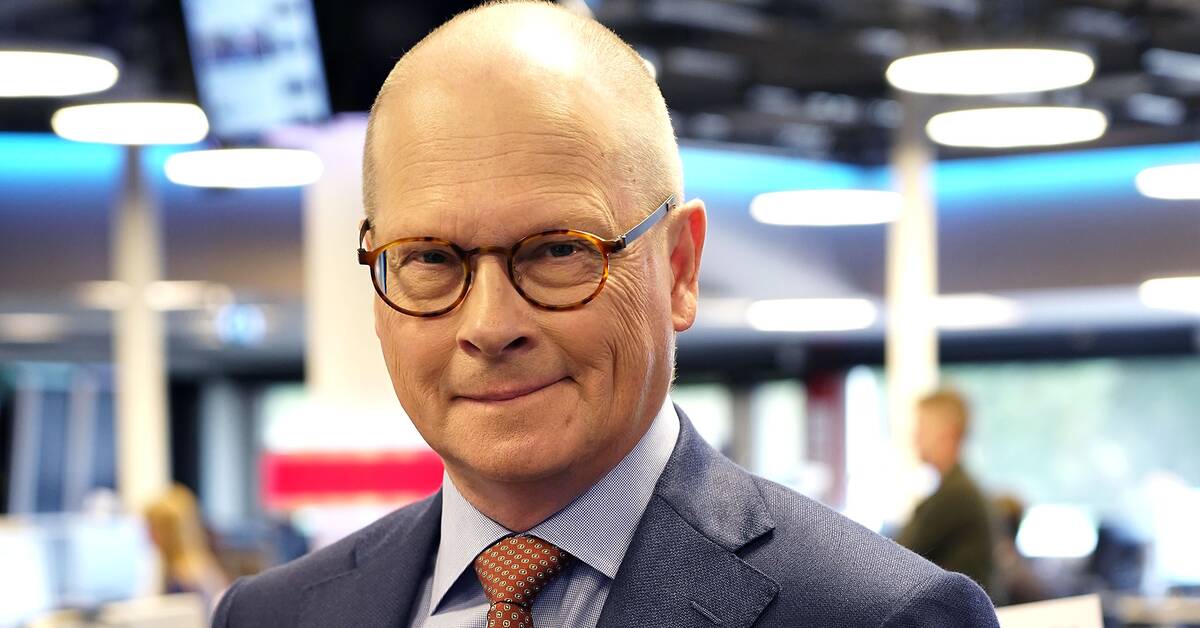SVT / Novus voter barometer shows no significant changes.
All parties remain at about the same levels as last month.
From this one can still draw some conclusions.
The war effect that contributed to the Social Democrats at the beginning of the year seems to be waning, at least temporarily.
The high confidence figures for Prime Minister Magdalena Andersson have not spilled over into further increased voter support for the Social Democrats.
¨
On the other hand, it is clear that the uncertain world situation has benefited the Social Democrats.
Crisis situations often mean an increased focus on the government, which in turn tends to lead to increased voter support.
The Social Democrats are now, with just over five months until election day, at a clearly higher level than in the last parliamentary election.
NATO does not influence public opinion
But the war effect that previously contributed to lifting the party now seems to have been replaced by what can best be described as a domestic political waiting situation.
Several domestic issues that were previously intensely debated have been pushed off the agenda, and have not yet found their way back there.
Instead, most still have a strong focus on the war in Ukraine and the security policy consequences of Russia's attack.
And even if one can not speak of any peace, as during parts of the corona pandemic, it is clear that the issues that politicians have disputed during the war so far, no longer affect public opinion to any great extent.
In addition, the government has successfully tried to triangulate potential areas of conflict with the opposition, for example with regard to the increased defense funding.
Another conclusion of the SVT / Novus voter barometer is that the Moderates' hard campaign for a Swedish NATO membership has not led to the party increasing public opinion.
The NATO issue is complicated and although opinion polls show a clear predominance of those who want to join NATO, this does not seem to affect party opinion very much.
But also the moderate leader Ulf Kristersson can be happy that his party is much better off in public opinion today than the previous election result.
In addition, the Moderates' position as the largest opposition party is currently unthreatened.
The Sweden Democrats are still in public opinion and find it difficult to reach out with their core issues in a situation where most of the news reporting revolves around Russia's attack on Ukraine.
Need for election debate
For the two crisis parties, the Liberals and the Green Party, this is even more difficult.
As the election approaches, these parties are in even greater need of an election debate that revolves around their issues.
Both parties are under parliamentary blockade and are in urgent need of being able to show some form of upward trend.
Instead, they seem to be firmly entrenched under the parliamentary barrier.
Smaller parties can easily be disadvantaged by a situation where a serious crisis in the outside world occupies the voters' consciousness.
It becomes more difficult for small parties to appear relevant when the focus is instead on the big players, the government and the largest opposition party.
In such a situation, it will of course be even more difficult for the Liberals and the Green Party to attract new voters or get back the voters who fled.
The Liberals would need more focus on school and integration, while the Green Party longs for a renewed climate debate.
But as long as the war in Ukraine is perceived as a crucial issue also among Swedish voters, it will be difficult.

